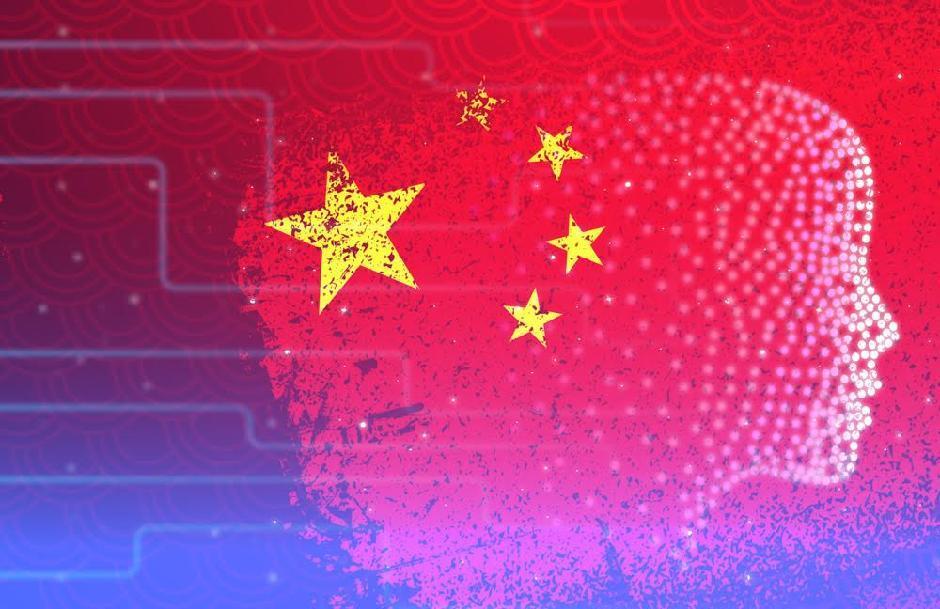November 30, 2023
By Sharan Kaur Phillora and Tsering Namgyal
China is shifting its approach to regulating the generative artificial intelligence (AI) sector, moving from stringent controls to supportive measures. This change is vital for Chinese tech firms venturing into AI, an area where China aims to be a global leader.
“The Beijing Internet Court made a landmark ruling yesterday, endorsing copyrights for AI-generated artwork. This decision contrasts with recent US PTO rulings, which didn’t uphold copyrights for AI-generated creations,” Hong Kong University law professor Angela Zhang wrote on X (formerly known as Twitter.)
She said China is adopting a “pro-growth, business-friendly stance in its AI regulation.”
Here’s what we know:
Initially, China’s draft AI regulations seemed restrictive. The Cyberspace Administration of China (CAC) required AI services to ensure data and model accuracy, with a tight deadline for modifying non-compliant AI models. However, the final legislation is less stringent, focusing mainly on public-facing companies and imposing content-based security assessments on firms influencing public opinion.
Despite the costs and uncertainties of compliance, Chinese tech giants like Baidu and SenseTime are unlikely to face significant hurdles. The CAC quickly approved eight companies to launch AI chatbots, demonstrating a facilitative regulatory stance.
China’s regulatory approach is now more tolerant, aiming to mitigate industry concerns about policy risks. The legislation encourages collaboration among government, industry, and academia, which is essential for technological innovation.
While China initially led in regulating generative AI, its current stance is supportive, possibly giving Chinese AI firms an advantage over American and European competitors. The latter face tougher regulations like the EU’s Digital Services Act and General Data Protection Regulation, and the upcoming AI Act, which impose stringent transparency and data privacy obligations. In the US, comprehensive AI regulation is lacking, but private litigation on copyright, privacy, and other issues poses challenges.
In contrast, Chinese firms can expect a more lenient approach from their regulatory agencies and courts, which could foster their growth. This approach, mirroring China’s early consumer tech industry regulation, might have long-term implications for market competition. However, for now, it seems that China’s regulations are enabling rather than obstructing its AI industry’s progress.
About the authors
Sharan Kaur Phillora’s thirst for knowledge has led her to study many different subjects, including NFTs and Blockchain technology – two emerging technologies that will change how we interact with each other in the future. When she isn’t exploring a new idea or concept, she enjoys reading literary masterpieces.
Tsering Namgyal is chief content officer for NFTMetta.com.



